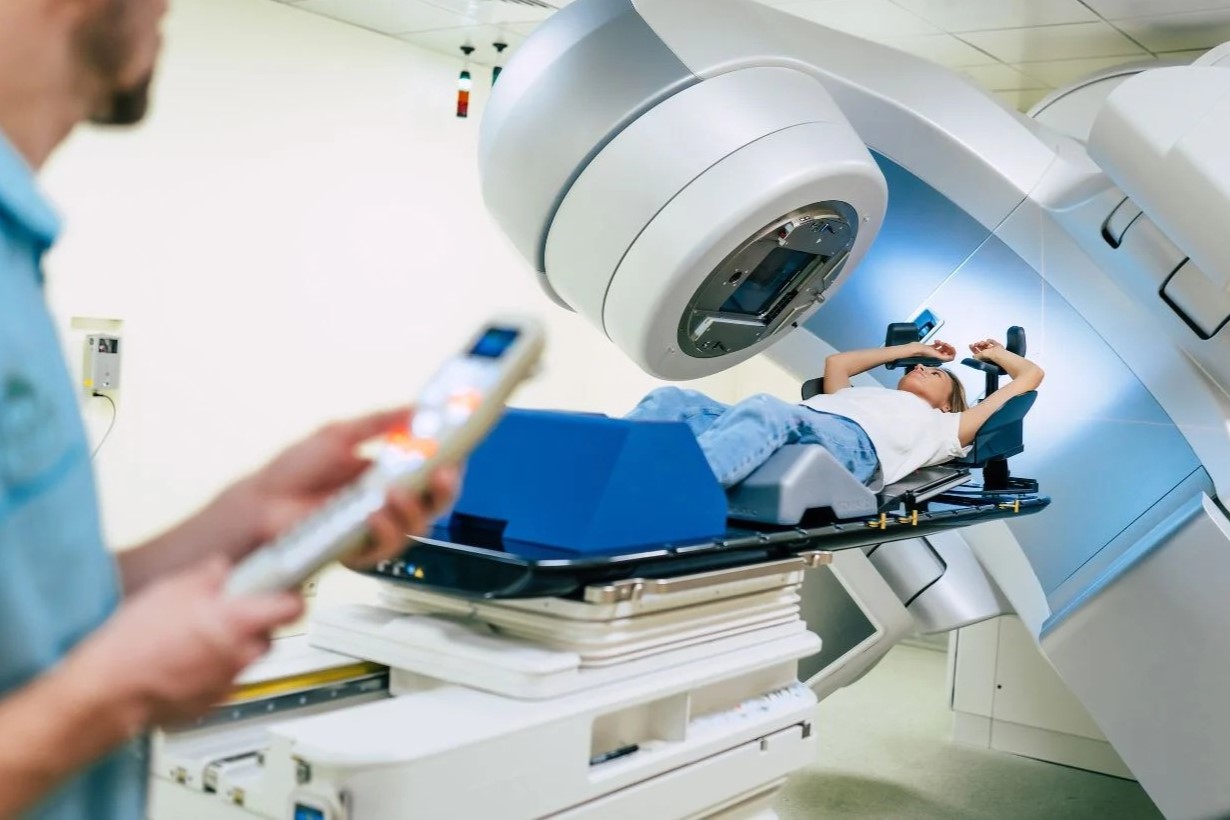
Radiation therapy often sounds intimidating, but it's a common and effective treatment for many types of cancer. What is radiation therapy? It's a medical procedure that uses high doses of radiation to kill cancer cells and shrink tumors. Unlike chemotherapy, which affects the entire body, radiation therapy targets specific areas. This precision helps minimize damage to healthy tissues. How does it work? Radiation damages the DNA of cancer cells, preventing them from growing and dividing. Over time, these damaged cells die off, and the body naturally eliminates them. Is it safe? Yes, modern technology ensures that radiation therapy is as safe as possible, with side effects managed by healthcare professionals. Understanding these basics can help demystify the process and reduce anxiety for patients and their families.
What is Radiation Therapy?
Radiation therapy is a common treatment for various types of cancer. It uses high doses of radiation to kill cancer cells or shrink tumors. Here are some fascinating facts about this life-saving treatment.
-
Radiation therapy has been used for over a century. The first successful treatment was in 1896, just a year after X-rays were discovered.
-
It targets specific areas. Unlike chemotherapy, which affects the whole body, radiation therapy focuses on specific parts, minimizing damage to healthy tissues.
-
There are different types of radiation therapy. These include external beam radiation, internal radiation (brachytherapy), and systemic radiation therapy.
How Does Radiation Therapy Work?
Understanding how radiation therapy works can help demystify the process. It involves complex science and precise technology.
-
Radiation damages the DNA of cancer cells. This prevents them from growing and dividing, eventually causing them to die.
-
Healthy cells can repair themselves. While radiation affects both cancerous and healthy cells, normal cells are better at repairing the damage.
-
Treatment is often spread over several weeks. This allows healthy cells time to recover between sessions.
Side Effects of Radiation Therapy
Like any medical treatment, radiation therapy has side effects. Knowing what to expect can help patients prepare and manage them.
-
Fatigue is the most common side effect. Many patients feel extremely tired during and after treatment.
-
Skin changes can occur. The treated area might become red, irritated, or even blistered, similar to a sunburn.
-
Long-term side effects are possible. These can include changes in skin texture, hair loss in the treated area, and even secondary cancers, though these are rare.
Benefits of Radiation Therapy
Despite the side effects, radiation therapy offers significant benefits. It can be a crucial part of cancer treatment.
-
It can be used alone or with other treatments. Radiation therapy is often combined with surgery, chemotherapy, or immunotherapy.
-
It can shrink tumors before surgery. This makes it easier to remove them and can improve surgical outcomes.
-
It can relieve symptoms. Even if it doesn't cure cancer, radiation can reduce pain and other symptoms, improving quality of life.
Advances in Radiation Therapy
Radiation therapy has evolved significantly over the years. New technologies and techniques continue to improve its effectiveness and safety.
-
Image-guided radiation therapy (IGRT) is a game-changer. This technique uses imaging during treatment to improve precision.
-
Proton therapy is a newer option. It uses protons instead of X-rays, allowing for more precise targeting of tumors with less damage to surrounding tissues.
The Bottom Line on Radiation Therapy
Radiation therapy is a powerful tool in the fight against cancer. It works by targeting cancer cells with high-energy rays, damaging their DNA, and stopping their growth. While it can cause side effects like fatigue and skin irritation, many patients find these manageable. Advances in technology have made treatments more precise, reducing damage to healthy tissues. It's crucial to have open conversations with your healthcare team to understand your treatment plan and manage any side effects. Remember, every patient's experience is unique, and what works for one person might not work for another. Staying informed and proactive can make a big difference in your treatment journey. Radiation therapy has helped countless people beat cancer, and with ongoing research, its effectiveness continues to improve. Stay positive, stay informed, and trust your medical team to guide you through this challenging time.
Was this page helpful?
Our commitment to delivering trustworthy and engaging content is at the heart of what we do. Each fact on our site is contributed by real users like you, bringing a wealth of diverse insights and information. To ensure the highest standards of accuracy and reliability, our dedicated editors meticulously review each submission. This process guarantees that the facts we share are not only fascinating but also credible. Trust in our commitment to quality and authenticity as you explore and learn with us.


